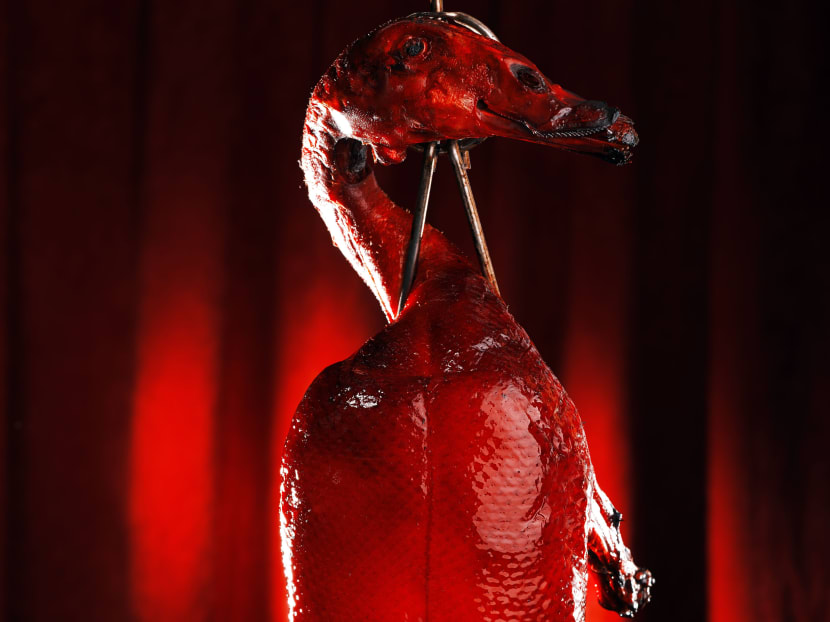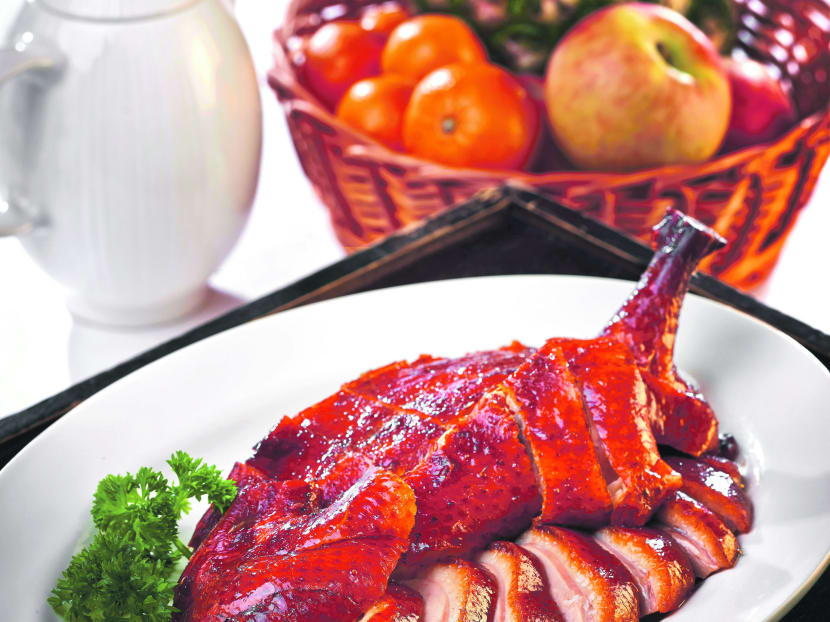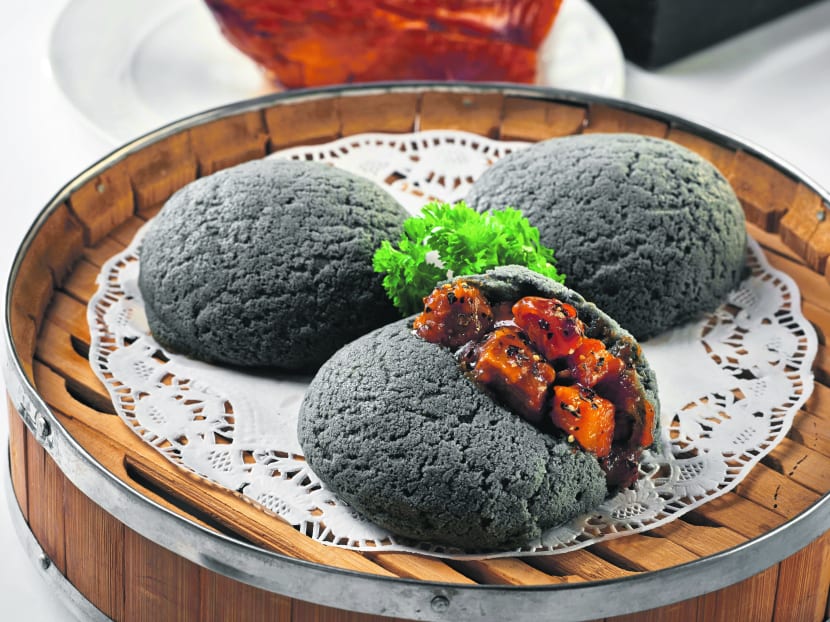The more the merrier
SINGAPORE — When news of a feted version of the Cantonese roast duck from the United Kingdom was making its way to Singapore, locals were more enthusiastic than sceptical. In a brief partnership, food and beverage companies Fei Siong and Akashi debuted London Fat Duck’s Singapore outpost at Scotts Square last year, but have since parted ways.



SINGAPORE — When news of a feted version of the Cantonese roast duck from the United Kingdom was making its way to Singapore, locals were more enthusiastic than sceptical. In a brief partnership, food and beverage companies Fei Siong and Akashi debuted London Fat Duck’s Singapore outpost at Scotts Square last year, but have since parted ways.
The former went on to open the Royal London Duck restaurant at Mandarin Gallery last month, but it is not stopping there. It is opening its second outlet early next month at the revamped and renamed Compass One in Sengkang. It also has plans to open outlets in the city at Millenia Walk and The Centrepoint, and another at West Mall in Bukit Batok before the end of the year, shared Fei Siong’s group managing director Tan Kim Siong.
To boot, at S$48 for a whole duck (S$25 for half), Royal London Duck’s offering is more affordable. In the hands of head chef Hui Chun Yuk, it might also be a less “jelak” (overpowering). The former head chef at London Fat Duck, who has 28 years of experience working in Hong Kong, Singapore and London, said this is because the choice duck he uses is “less oily” than the much-talked-about Irish variety from Silver Hill Farm.
The duck he prefers, which is specially bred in the UK and which he said is also meatier, is marinated for six hours in a “secret” marinade that uses apples, pineapples and other fruits for a brighter flavour. The use of lychee wood in the roasting process is also said to impart a delicate, sweet smokiness to the meat. Of course, while the Malaysia-bred ducks that most restaurants here feature are comparatively cheaper, these, he said, are less flavourful.
The cost of the breed he uses, which Hui could not disclose, is similar to its closest competitors. But his reason in keeping the price for the restaurant’s star item competitive is clear-cut: Keeping it affordable, he shared, equates to more people being able to try it. This, Tan illuminated, helps explain the push to open more outlets across the island. “If you look at the number of outlets we are opening, it makes sense,” he said, highlighting that it boils down to economics of scale.
He also acknowledged a renewed fervour for roast duck, with more discerning customers getting to know about the different breeds. And compared to roast pork dishes, duck, Hui added, is perceived to be a healthier choice.
He said the company sees potential and is ready to “go all out to serve”. It has also incorporated more creative takes with ducks, from a dish of Taiwan-style duck tongue (S$9.80) to the XO Shredded Royal London Duck Noodle (S$8.80). Those familiar with the black pepper duck bun (S$5.80) from Hui’s previous employment will be glad to know it is also a starring item at Royal London Duck, featuring an improved recipe, he shared.





